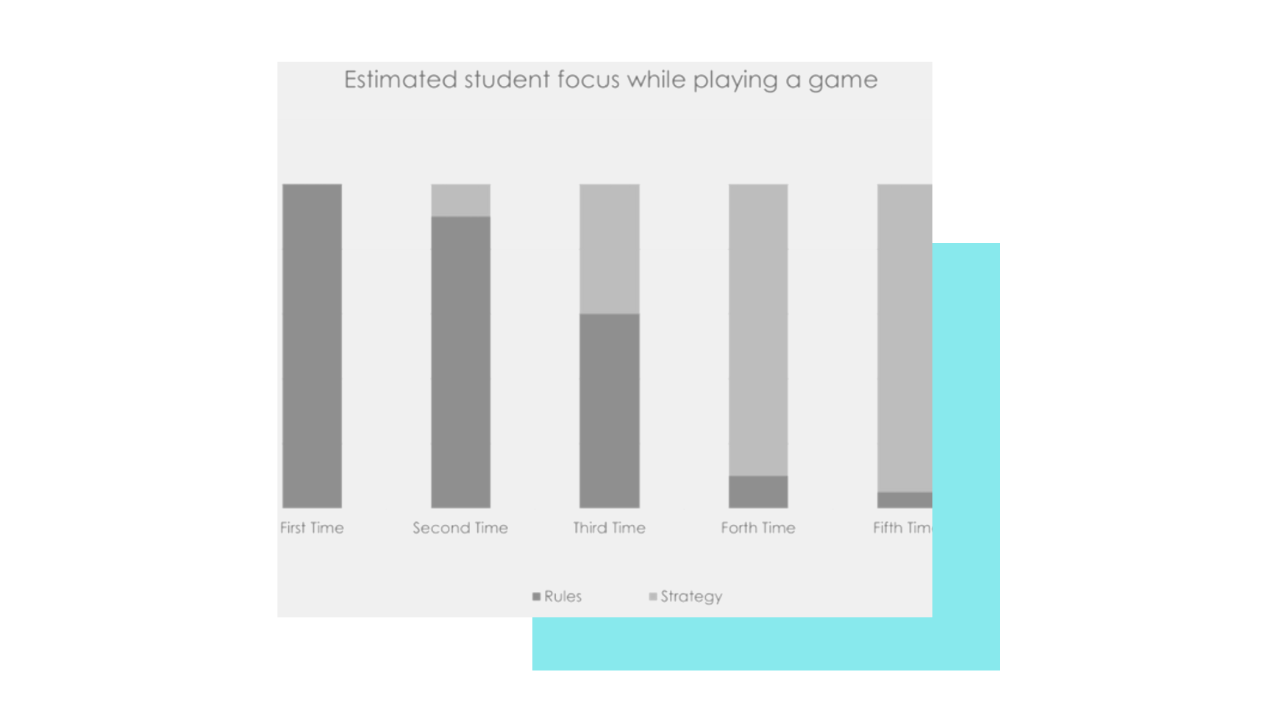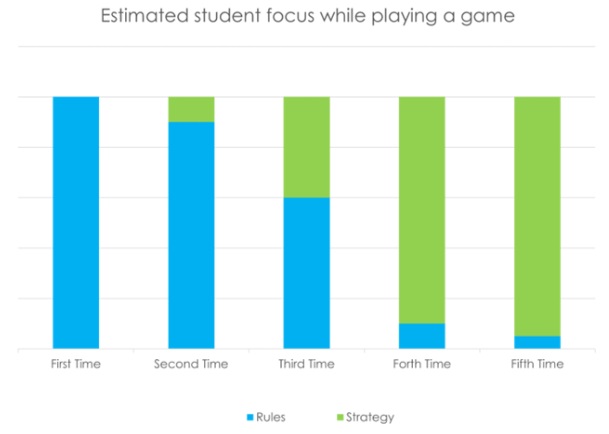Simplify your Numeracy planning - Rinse and Repeat
Nov 10, 2022
I always prefer summer over winter, so I do find myself getting excited about the upcoming 6 week summer holiday break. Summer holidays are a great time to engage in some ‘slower’ activities with my children, like reading and playing board and card games. When we play games I always think of my bolognaise sauce. I put grated carrot and zucchini in my sauce, but none of my children realise it has this ‘hidden’ goodness. Similarly, when we play games, they see it as nothing more than fun, but I know there is hidden goodness in every game we play (and what makes me happy is that it is mostly maths!). Strategy, problem solving, subitising, counting, spatial reasoning, just to name a few. But I have noticed this ‘goodness’ often doesn’t become apparent the first time we play, it emerges after we repeat the same game a few times. This also holds true in the classroom.
Games are such a powerful tool to help children learn mathematical concepts. When I work with teachers and schools, I am a huge advocate for selecting one (maybe two) simple, rich, low preparation games to include in each planner we create. My go to resources to find games are Paul Swan's books, and all the games Michael Minas shows has on his wonderful website Love Maths. I love nothing better than learning and trying a new game in the classroom (or at home!).
BUT, I believe it is critical that our students are provided with repeated exposure to the SAME game for at least a week.
Too often we play a game, then the next session we introduce another, and another. For me, this is spoiling the goodness hidden in each game! When playing with my children, I have noted the first time we play a game, our focus is almost solely on the rules, the second time, mostly rules and a little strategy, as we play more often, it is less about rules and more and more about strategy. The graph on the below provides my (purely anecdotal) summary of this ‘phenomenon’. We don’t want children to walk away from a lesson and say “I learnt the rules to Multiple Mysteries and it was a fun game”. We want them to say “Playing Multiple Mysteries again today made me think about…”.
Not only will this repetition help the students deepen their understanding it will also make your planning SO much EASIER!
Instead of finding 5 different games, you just need to find one high quality game.
Games that can be easily differentiated are the best ones. An example would be 3 in a row. This is one of my favourites because you can have the whole class playing the game, but some students are playing using whole numbers. While others can be extended to play using decimals. One game, repeated every day, hitting the needs of everyone… I call that a #teacherwin. But as I said, you have to find quality games!

So, my advice is, when you are planning- do less. You DON’T need multiple games in a unit, you just need to provide opportunities for students to play a great game over and over. This will allow students the time and space to unpack the maths thinking the game is designed to elicit.
This ‘rinse and repeat’ idea can also be applied to activities. My Year 5 daughter recently completed an excellent introduction to their ‘time’ unit.
The class were asked to calculate the exact age of the famous soccer player Ronaldo (to the minute!). When she told me about this activity- I immediately loved it- there was so much thinking and application of time concepts (leap years, days in a year, hours in a day etc etc)! But what I loved even more was she came home the next day and said- "today we were able to choose our own famous person and work out their age!" (she chose JK Rowling!).
SO good! Next to no planning required, but it allowed the students to apply and build upon the learning and strategies from the previous day! If you repeated this every day for the week, the students would continue to develop their fluency… and through discussing their strategies learn from each other.
So remember, don't try to always be doing 'new' things in your planning! Less 'new' content, and more repetition, means everyone will win!

